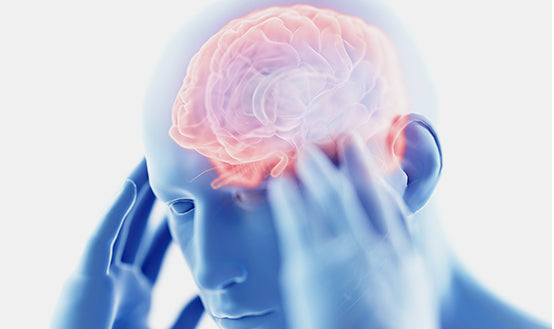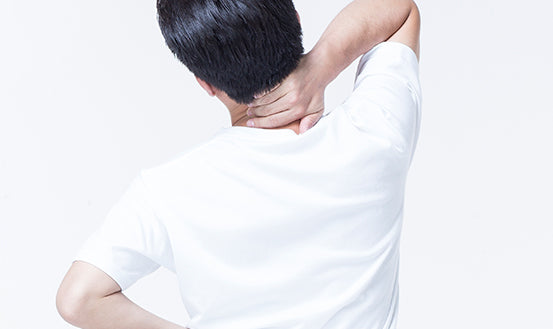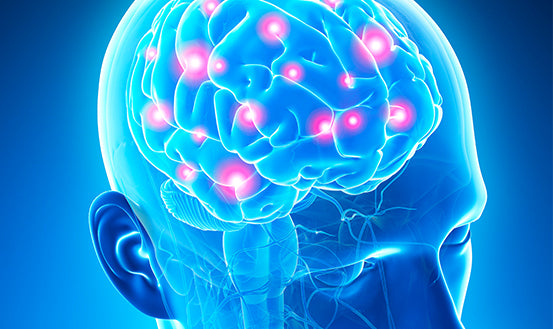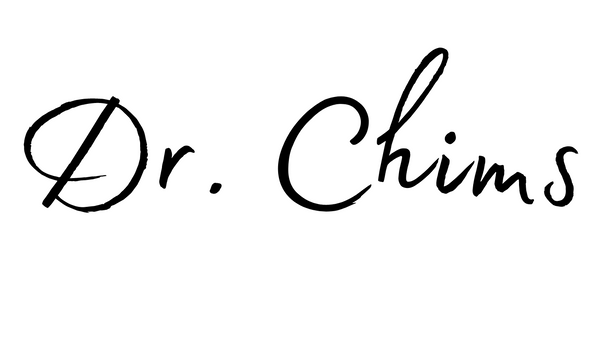Precautions
Chims Treatment uses the stimulation of sensory nerves to achieve a mutual balance (homeostasis) of neurotransmitters.
What is neurotransmitter?

01.
Neurotransmitters - dopamine, serotonin, endorphins, etc. - are substances affected by stress. Neurotransmitters affect the sympathetic and parasympathetic nerves, and when they are not balanced, autonomic dysfunction and various neurological symptoms can occur. An excess or deficiency of one neurotransmitter can lead to a number of abnormalities in other neurotransmitters.
In other words, it is important to maintain a mutual balance, also called homeostasis.

02.
One neurological symptom, because it disrupts the homeostasis of neurotransmitters, often leads to another. For example, insomnia (caused by deficiency of serotonin) may be accompanied by other neurological symptoms such as panic disorder, depression (caused by abnormal dopamine), anger control disorder, ADHD, obsessive compulsive disorder, and social phobia.
Or, if one experiences a panic disorder, one may experience a light insomnia or depression. If one has depression, insomnia or impulse-control disorder may follow.
In other words, almost all neurological symptoms are interrelated.

03.
Neurotransmitters are also involved in muscle tension and relaxation.
This is why people with stiff neck or shoulder muscles often experience tension in their body or feel stressed, which is the main cause of Myofascial Pain Syndrome (MPS).

04.
Endorphins, a type of neurotransmitters, are known to be more effective than steroid in reducing anti-inflammatory responses.
Therefore, treating neurotransmitters plays an important role in the treating inflammatory pains.
Unique Features of Chims Treatment
-
Conventional Treatment
- Transcutaneous Electrical Nerve Stimulation (TENS) and laser therapy or medication
- As the drug is administered, the mutual balance of the entire neurotransmitter may be disrupted, leading to other side effects. For instance, while treating insomnia, other neurological symptoms such as anxiety, agitation, or depression might newly emerge or become more severe.
- The treatment may be effective for the targeted disease, but it may cause other diseases to develop.
- Long-term treatment may lead to the imbalance of neurotransmitters.
- People with limited drug use due to health conditions have many restrictions on receiving the treatment.
- Transcutaneous Electrical Nerve Stimulation (TENS) and laser therapy or medication
-
Chims Treatment
- Light Treatment using the wavelength of the body
- The source of treatment only relies on the internally produced neurotransmitters by the sensory nerves, thereby ensuring the balance of all neurotransmitters. For instance, when insomnia is treated, other neurological symptoms such as anxiety, agitation, or depression, might also be treated at the same time. In other words, the effectiveness of one treatment will improve the overall balance of all neurotransmitters.
- The treatment will halt on its own once the body recovers the balance of the neurotransmitters.
- The treatment will stabilize neurotransmitters, which contributes to the improvement of chronic fatigue and headache, and prevents other various illnesses, specially the common chronic diseases of the elderly.
- It is safe to use for people with all health conditions.
- Light Treatment using the wavelength of the body

Precautions
1. Chims Treatment can be used by the patient who has electronic devices such as batteries or iron cores inserted in the body.
2. Chims Treatment can be used by the patient with limitations in drug intake, i.e. people with kidney or liver disease, and pregnant women and infants.
3. However, do not apply Chims Band over a wounded skin area.
4. Stop using Chims Band If you experience skin allergic reactions like itching or swelling after applying.
5. Do not attach to mucous membranes like inside of nose, mouth, or eyes.
6. Chims Band is waterproof; the patient may keep it in shower.
7. Change the Band once a day.

Withdrawal Symptom
Acupuncture works by stimulating sensory nerves deeply embedded in the skin that produce a minimal amount of light. Sensory nerves are the organs involved in the activation of neurotransmitters including endorphins, dopamine, and serotonin.
Like drugs, neurotransmitters can be addictive. In the process of treating addiction, the patient might experience what is called the withdrawal reaction, a process that eventually enables the patient to stop relying on the addictive substance. Chims Band treatment also can cause a withdrawal reaction in the process of restoring neurotransmitters to a normal level. This a natural process that occurs as the level of the neurotransmitters gets restored.
In general, the withdrawal reaction is more common when the area of treatment is wide (i.e. the chest area) than when it is narrow (i.e. finger joints).
A common way of recognizing a withdrawal reaction is when the patient experiences the worsening of existing symptoms or experiencing new symptoms.

